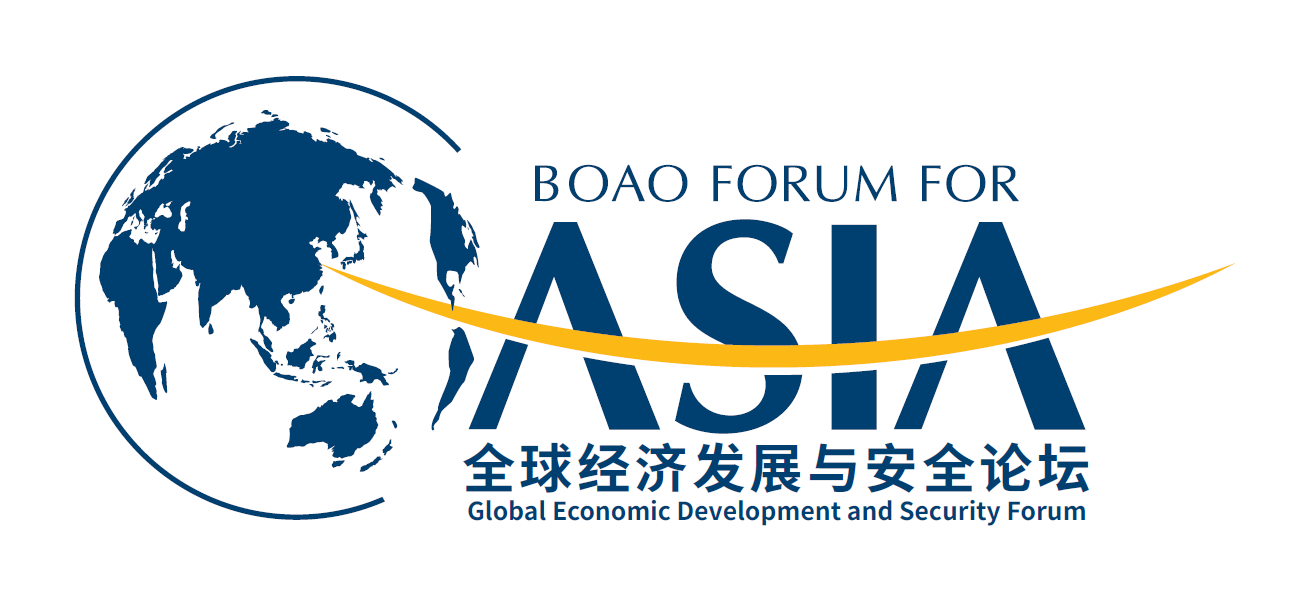戴惟德
德勤亚太首席执行官
David HILL
Chief Executive Officer, Deloitte
世界超过40%的人口有资格参与选举投票,“政治”可能是2024年的流行语,或者更具体地说,是地缘政治。全球经济一直并可能保持相对的韧性,而面临的主要风险并非来自经济政策或全球经济的结构性因素。相反,来自地缘政治趋势和紧张局势。
四大关键的地缘政治风险可能会改变全球经济的轨迹。首先是中东,以色列和哈马斯之间的冲突,以及胡塞武装对红海商业航运的袭击,已经损害了供应链效率并增加了成本。其次,如果俄乌冲突继续仍会影响欧洲的商业信心导致投资下滑。第三,目前中美之间的关系虽然稳定,但不排除变化可能,这取决于太平洋两岸的政策走向。最后,即将到来的美国大选可能导致美国在贸易、跨境投资、移民和与盟国关系方面的政策发生变化。
With more than 40% of the world’s population eligible tovote in an election this year, the buzzword is likely to be politics or moreparticularly, geopolitics. The global economy has been, and is likely toremain, relatively resilient. The main risks to the global economy comenot from economic policy or structural factors in the global economy.Rather, from geopolitical trends and tensions.
Four key geopolitical risks could change the trajectory of the globaleconomy. First, there is the Middle East, where the conflict betweenIsrael and Hamas, and Houthi attacks on commercial shipping in theRed Sea, have hurt supply chain efficiency and added to costs. Second,if the Russia-Ukraine conflict continues, it will likely hurt businessconfidence in Europe, leading to a downturn in investment. Third,tensions between the US and China, while stable now, could intensifydepending on political decisions made on either side of the PacificOcean. Finally, the upcoming election in the US could lead to changesin US policy regarding trade, cross-border investment, immigration, andrelations with allies.
来源:博鳌亚洲论坛
